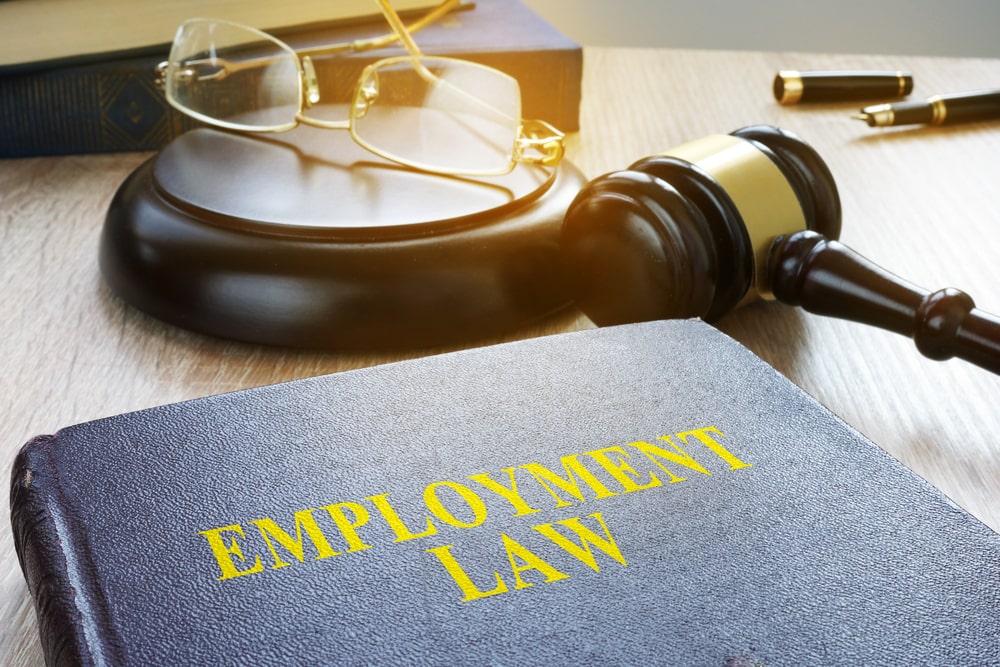
Workplace discrimination remains a pervasive issue that can have devastating impacts on employees’ careers and well-being. Discrimination can take many forms, including unfair treatment based on race, gender, age, religion, disability, or sexual orientation. When employees face such injustices, the role of an employment litigation lawyer becomes crucial in navigating the legal complexities and seeking justice.
Understanding Workplace Discrimination
Workplace discrimination occurs when an employee is treated unfavorably because of characteristics protected by law. This can include hiring, firing, promotions, job assignments, and other aspects of employment. Discrimination can be overt, such as direct harassment, or more subtle, like discriminatory company policies or practices. Recognizing and proving discrimination can be challenging, requiring expert legal knowledge and a strategic approach.
The Employment Litigation Lawyer’s Role
1. Initial Consultation And Case Assessment
The first step in any discrimination case is the initial consultation. During this meeting, the employment litigation lawyer listens to the employee’s experience, gathers facts, and assesses the viability of the case. This includes determining if the situation falls under protected characteristics and if there is sufficient evidence to support a claim.
2. Gathering Evidence
Building a strong case requires comprehensive evidence collection. This can include emails, text messages, performance reviews, witness statements, and any other documentation that demonstrates discriminatory behavior. An employment litigation lawyer knows what evidence is crucial and how to obtain it, often through formal discovery processes if the case progresses to litigation.
3. Filing Complaints And Legal Documents
Employment litigation lawyers guide clients through the process of filing complaints with relevant bodies, such as the Equal Employment Opportunity Commission (EEOC) in the United States. They ensure that all necessary legal documents are accurately prepared and submitted within required timeframes, avoiding procedural pitfalls that could jeopardize the case.
4. Negotiating Settlements
Many workplace discrimination cases are settled out of court. A Washington D.C. employment litigation lawyer negotiates on behalf of the employee to reach a fair settlement. This involves not only monetary compensation but also non-monetary terms like changes in company policies, reinstatement, or other remedies that address the root of the discrimination.
5. Litigation And Trial Representation
If a settlement cannot be reached, the case may proceed to court. Here, the employment litigation lawyer’s expertise is indispensable. They develop a litigation strategy, present evidence, question witnesses, and make compelling arguments to advocate for their client’s rights. Their goal is to achieve a favorable verdict that holds the employer accountable and provides justice for the employee.
6. Providing Emotional Support And Guidance
Workplace discrimination cases can be emotionally taxing for employees. Employment litigation lawyers provide not only legal support but also emotional reassurance, helping clients navigate the stress and uncertainty of legal proceedings. Their guidance can be instrumental in helping employees feel empowered and validated in their fight against discrimination.
Conclusion
The role of an employment litigation lawyer in workplace discrimination cases is multifaceted and critical. From initial consultation through to resolution, these legal professionals are dedicated to advocating for employees’ rights and seeking justice. They bring legal expertise, strategic acumen, and compassionate support to help employees challenge discrimination and achieve fair outcomes. At Eric Siegel Law, we are happy to assist you. We encourage you to contact us today.
